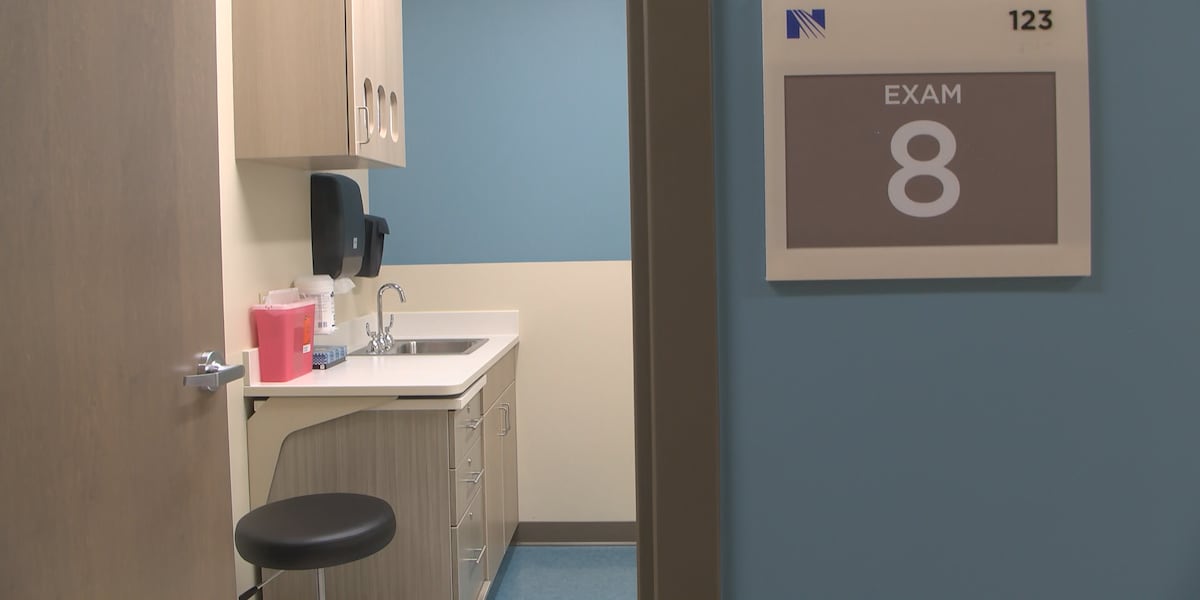RFK Jr.'s Health Policies Under Scrutiny: Rooted in a Debunked 19th-Century Medical Theory?

RFK Jr.'s Health Policies Under Scrutiny: Rooted in a Debunked 19th-Century Medical Theory?
Robert F. Kennedy Jr.'s stance on various health issues has drawn considerable attention, and now, a closer look reveals a potentially concerning influence: a long-disproven medical theory from the 19th century. This theory, often referred to as miasma theory, posits that diseases are spread through 'bad air' contaminated by decaying matter. While largely abandoned by the scientific community, it appears to be informing some of Kennedy Jr.'s policy positions.
What is Miasma Theory?
The miasma theory, prevalent in the 1800s, suggested that illnesses like cholera, plague, and even malaria were caused by inhaling noxious fumes emanating from rotting organic material – corpses, sewage, and stagnant water. The National Center for Biotechnology Information describes it as the belief that diseases are “caused by inhaling air that was infected through exposure to corrupting matter.” People believed that avoiding these foul-smelling areas would prevent disease. This led to public health efforts focused on sanitation and ventilation, albeit based on a flawed premise.
The Fall of Miasma Theory
The groundbreaking work of Louis Pasteur and Robert Koch in the late 19th century revolutionized our understanding of disease. Pasteur's germ theory demonstrated that microorganisms, not 'bad air', were the true culprits behind infections. Koch's postulates further solidified this understanding, providing a framework for linking specific pathogens to specific diseases. The discovery of bacteria and viruses effectively debunked miasma theory, paving the way for modern medicine and public health practices focused on hygiene, sterilization, and vaccination.
How Miasma Theory Influences Kennedy Jr.'s Views
While Kennedy Jr. hasn't explicitly endorsed the term 'miasma theory,' his skepticism towards vaccines and promotion of alternative health practices aligns with some of its underlying assumptions. His questioning of established medical consensus and emphasis on environmental factors as primary drivers of disease echo the miasma theory’s focus on external, rather than biological, causes. Critics argue that embracing such outdated ideas undermines public health efforts and could lead to harmful consequences.
The Implications for Public Health
The resurgence of historical medical theories, particularly those that have been scientifically disproven, poses a serious threat to public health. Relying on flawed concepts can lead to ineffective or even dangerous interventions. It is crucial for policymakers and the public to critically evaluate health information and rely on evidence-based practices supported by rigorous scientific research. Promoting scientifically sound information and fostering trust in medical professionals are essential to safeguarding public health.
Moving Forward
The debate surrounding RFK Jr.'s health policies highlights the importance of understanding the historical context of medical beliefs and the critical need for scientific literacy. While questioning established norms can be valuable, it should be grounded in evidence and guided by a commitment to public health. Dismissing proven medical advancements in favor of outdated theories carries significant risks and could jeopardize the well-being of individuals and communities.





